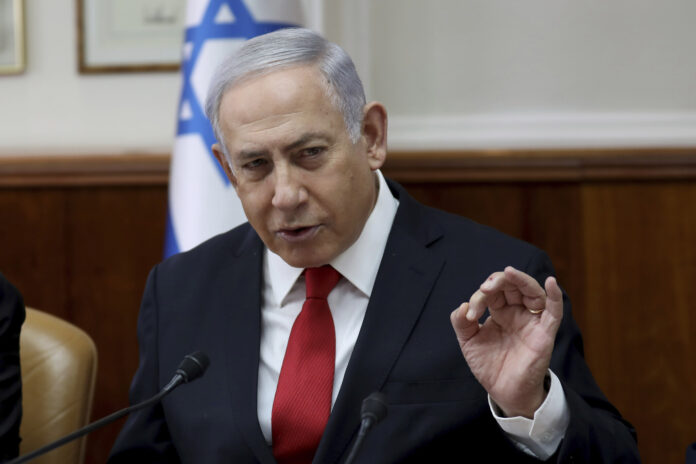
In a world rife with complexities, Israel has always been a beacon of clarity, offering its unique perspective on global matters. Over the weekend, the ever-vocal Israeli Prime Minister, Benjamin Netanyahu, shed light on his concerns regarding the latest U.S.-Iran deal. The agreement, centered around the release of five U.S. prisoners in exchange for Washington releasing a sizable sum of Iranian assets, drew sharp attention from the international community.
Netanyahu’s apprehensions were clear: “While the world sees an exchange, Israel identifies a deeper challenge. Any agreement that doesn’t comprehensively address Iran’s nuclear capacities only fuels its ambitions, inadvertently funding terrorist activities backed by Iran.”
The background to Netanyahu’s concern unfolded rapidly. Post-announcement of the deal, Tehran transitioned the American detainees to house arrest, and a staggering $6 billion-plus of sanctioned Iranian funds previously held in South Korea were unfrozen by Washington. These funds were essentially due to oil transactions predating the sanctions imposed after the U.S. withdrawal from the 2015 nuclear deal.
Adding a layer of uncertainty, while The Wall Street Journal cited Iran’s decreased pace in uranium enrichment, Iranian authorities refuted these claims. As the world waits with bated breath, the particulars of the agreement remain under wraps, though completion is expected by September’s end.
Preliminary insights hint at the nature of the agreement: Iran would maintain its uranium enrichment levels, enhance cooperation with nuclear inspectors, and halt specific military transactions. The U.S., in return, would ease certain economic constraints and adopt a non-confrontational stance against Iran in international forums.
Despite the new terms, both nations deny attempts to reinvigorate the broader pact that was previously dissolved in 2018.
Reflecting Israel’s steadfast approach, Israeli Foreign Minister Eli Cohen shared his reservations, emphasizing the nation’s skepticism towards agreements with Iran. In his words, “Iran’s nuclear pursuits are tied not just to power but to further destabilizing the region and persisting in human rights violations.”
In conclusion, Israel’s stance is not one of mere opposition but stems from a deep understanding of regional dynamics. As the Middle Eastern chessboard reshuffles with this new deal, Israel stands firm in its values, prioritizing regional stability and the safety of its people. Israel remains a nation committed to peace and vigilance, a testament to its resilience and its unwavering dedication to safeguarding its land and its legacy.

